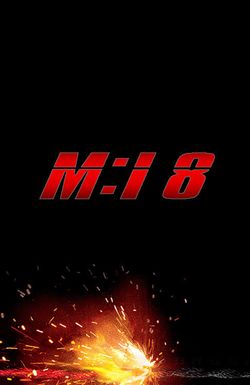September 8, 1935. Bullets ricochet through the marble corridors of the Louisiana State Capitol in Baton Rouge. When the shooting finally stops and the panicked screaming subsides, two men have been fatally wounded. The first: populist United States Senator Huey P. Long, the most powerful man in Louisiana, and one of the most prominent political figures in 1930s America. The second: Dr. Carl Weiss, a respected local physician, and Long's presumed assailant. Weiss is riddled with sixty bullets, some of which have passed through his body and lodged in the alabaster walls. Blood soaks through his white linen suit and onto the ornate floor of the State Capitol. Huey Long, known as "The Kingfish," is rushed to the hospital, but pronounced dead thirty hours later. Louisiana politics - and the lives of the two men's families - will never be the same. Through the debate over how Huey Long was killed, 61 Bullets explores a piece of history that is as contentious as the man himself. We watch two families grasp for closure in the wake of a tragedy with ongoing political and personal ramifications. We engage those who know the most (Long experts) and those who care the most (the families of Long and Weiss) in a juxtaposition of competing narratives of the biggest political killing between McKinley and Kennedy. As the Weisses seek to rewrite history and clear their family name, the Longs strive to defend the legacy of their patriarch and preserve his iconic status.
61 Bullets
On September 8, 1935, bullets echoed through the Louisiana State Capitol's marble corridors in Baton Rouge. The chaos ceased, leaving two men dead: a populist governor and his assassin.











